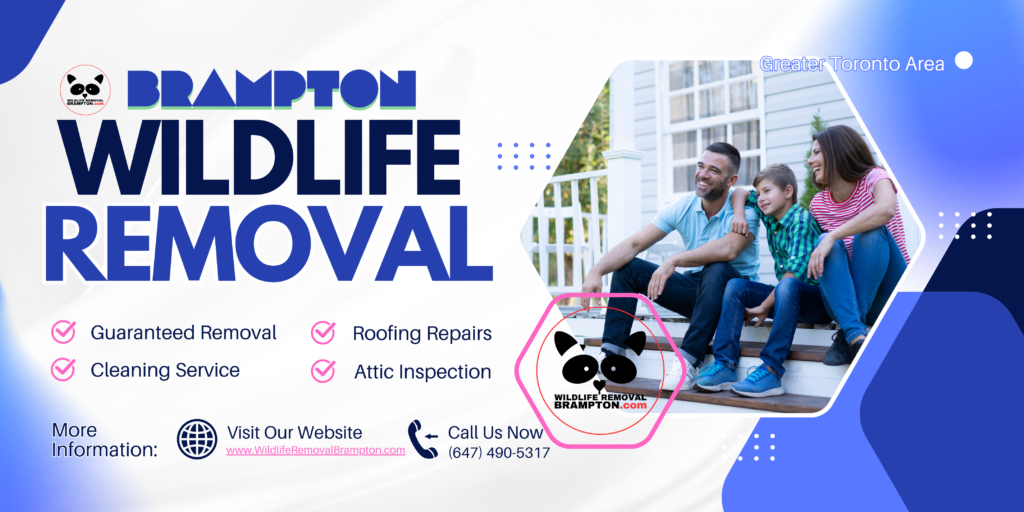Raccoon Behaviour and Facts
- Raccoons live in urban, rural and wild.
- They are omnivores, eat plant and animal food.
- Raccoons are territorial and solitary, adult males have bigger territories than females.
- Females breed every year and have 3-5 kits per litter.
- Urban raccoon population has big implications, disease transmission and managing their presence a challenges.
Raccoon Infestation Signs
Look for raccoon activity, droppings, tracks or torn screens.
Check for raccoon dens or nests in your attic, chimney or yard, this could be a sign of raccoon infestation.
Listen for unusual noises, scratching or scuttling sounds.
Raccoon displaying abnormal behavior, approaching people or pets is a sign of infection.
Raccoon Attractants and Prevention
- Raccoons are attracted to human food and can be found in garbage bins and bird feeders.
- Secure your trash cans with tight-fitting lids or use animal-proof trash cans.
- Keep pet food and bird seed indoors or in a secure location.
- Remove food sources, pet food and bird seed.
Raccoon Removal
- Humane raccoon removal, live trapping and relocation. Raccoon removal process is more complex during birthing season, requires experienced techs to handle the situation safely and humanely.
- Raccoon exclusion is the best way to deal with raccoon damage. Dealing with mother raccoons is more challenging because of their protective behavior, which becomes more intense after they have given birth.
- Remove food and shelter so raccoons can’t access your property. When young raccoons are involved, it is important to use humane methods to encourage the mother to move her young without harming them.
- Use exclusion methods for different types of raccoon problems.
Raccoon-Proof Your Property
Close doors, windows and open vents at night to prevent a determined raccoon from getting into buildings.
Cap chimneys and cover other openings with strong material.
Block gaps to porches, patios and sheds.
Use wire mesh or sheet metal for underground barriers and attach to existing fences.
Raccoon Feces and Disease Transmission
- Raccoon droppings carry parasites and bacteria.
- Accidentally ingesting or inhaling raccoon droppings is serious health issues.
- Raccoon feces can transmit rabies and distemper.
DIY vs Professional Raccoon Removal
DIY raccoon removal is not effective and is dangerous. Handling attic raccoons without professional help can cause damage and health risks especially during birthing season when young raccoons are involved.
Professional raccoon removal is safe and humane. When dealing with a raccoon family, it’s important to use professional removal methods to ensure the safety of both the animals and the residents.
Raccoon removal requires special equipment and expertise.
Raccoon Removal Services and Pricing
Raccoon removal services cost vary depending on location and extent of infestation.
It’s important to consider the legal and ethical implications of relocating raccoons, improper relocation can harm the animals and won’t solve the problem.
Professional raccoon removal services will give you a quote and explain the process.
Raccoon removal services may include additional cost for repairs and prevention.
Local Laws and Permits
- Check local laws and permits for raccoon removal.
- Raccoon removal services must comply with local laws and regulations.
- Permits required for raccoon relocation or euthanasia.
Raccoon Damage
Raccoons can cause significant damage to homes and buildings. Dealing with a mother raccoon is more challenging because of their nesting behavior and protective instincts after giving birth. Raccoon damage includes torn screens, damaged insulation and chewed wiring. It’s important to identify raccoon babies during the removal process especially during breeding season to ensure their safety and proper handling. Raccoon removal services may include repairs and restoration of damaged areas.
Raccoon Damage and Repair
Raccoons can cause damage to homes, gardens and other properties. Their curious nature and dexterous hands can open doors, latches and other secure enclosures. They can tear screens, damage insulation and chew on wiring and cause costly repairs. Besides the physical damage, raccoons leave behind unsanitary conditions, their feces which can carry bacteria and parasites. Addressing both the structural damage and the health risks from raccoon feces is important to have a safe and healthy environment.
Wild Animal Control and Raccoon Removal
- Raccoon removal is a type of wild animal control.
- Raccoon removal services also control and prevent other wild animals.
- Wild animal control services can prevent future raccoon infestations.
Raccoon Problem Prevention
- Remove food and shelter
- Encourage raccoons to leave with repellents and deterrents
- Hire Raccoon Control when necessary
- Ongoing Maintenance
